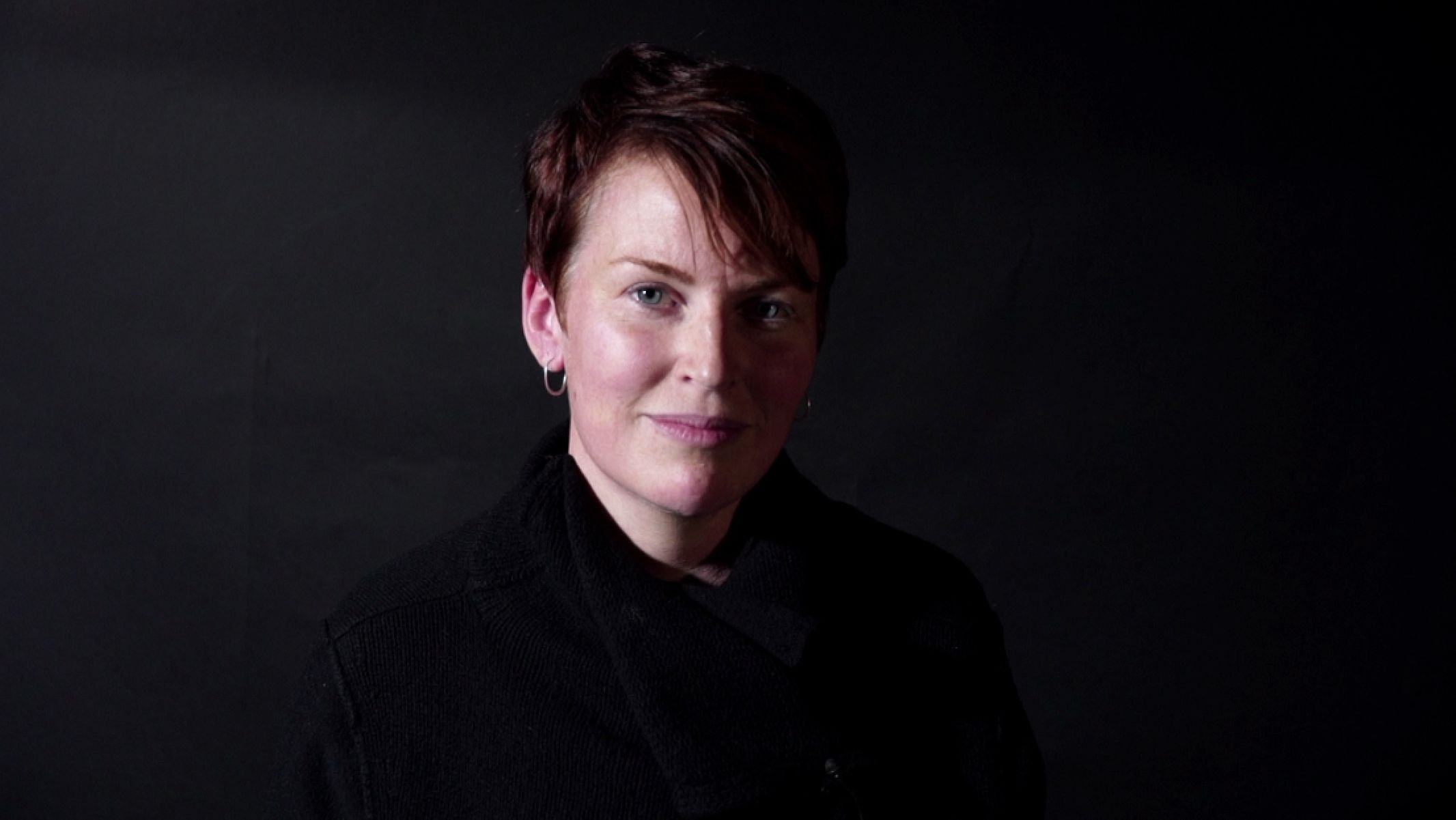With collaborator Ján Kuciak and investigative journalist Pavla Holcová about the doubts of Slovak judges, the arrogance of Marian Kočner and politicians who harm the judiciary.
A special court in Slovakia ruled innocently of businessman Marian Kočner and his assistant Alena Zsuzsová, who, according to the indictment, were to plot the murder of journalist Ján Kuciak and his partner Martina Kušnírová. The case goes to a higher court, which can reverse the verdict. The procession directly in Pezinok was also monitored by the journalist of the investigace.cz server Pavla Holcová, who collaborated with Kuciak on several cases. In an interview with Aktuálně.cz, she explains how, in her opinion, the judges came to an unexpected decision.
Was a variant expected in Slovakia at all that the evidence against the perpetrators of the murders of Ján Kuciak and Martina Kušnírová might not be enough for the court?
Yes, there was talk of a variant that Marian Kočner could be acquitted for lack of evidence. But the release of Alena Zsuzs was a surprise to everyone.
How do you evaluate the current work of the special court in Pezinok? Some – not only Slovak – talk to the public about the judicial mafia, the other believes that judges with the evidence at their disposal could not act otherwise…
That verdict, of course, got me to my knees. To hear the acquittal of Marian Kočner and Alena Zsuzsová in the presence of the families of the victims was really only for harsh people. But if you try to depersonalize yourself from the case, then I believe that the judges ruled on the basis of their best knowledge and conscience.
When deciding on life in such a prominent trial, the prosecutor’s office must present evidence that leaves no doubt. Unfortunately, this did not happen. Doubts remained and led to the acquittal.
I understand that people are frustrated by the Slovak judiciary and immediately saw the judicial mafia behind the unpopular decision, but paradoxically I see it more as proof that judges are really able to decide independently. And by that I mean both independently of media or social pressure and independently of political will.
Criticism is poised on the prosecutor’s office. Did they do a bad job?
Yes. I think that a large part of the work for the prosecutor’s office was done by the lawyers of the victims, especially Roman Kvasnica, who in his closing speech de facto reconstructed what led to the murder and what happened after it. Unfortunately, the prosecutors were not very convincing. But I am not a lawyer, it is my lay interpretation and can therefore be distorted.
What will be next?
The prosecutor and family lawyers appealed on the spot, so what happens next is clear – the case will go to the Slovak Supreme Court. With one of the prosecutors retiring and the other going abroad, it is likely that someone new will now begin to deal with the matter.
It is hardly surprising for Slovaks that they do not trust the judicial system, when it has been exposed to all sorts of bends for so long. Former Prime Minister Iveta Radičová, for example, claims that if it were not for the era of Prosecutor Trnka, both Kučiak and Kušnírová would still be alive…
In a sense, he is right, and former Attorney General Trnka is an extreme case of corruption by a very powerful man. But I think that the problem with the Slovak judiciary began before Trnka, in the person of Štefan Harabin, who managed to accumulate power and thus de facto control the Slovak judiciary.
Explain the role of Zoltán Andrusek, who started cooperating with the police. Is it so that part of his testimony is believed by the court and part is not? That’s weird…
Yes, it sounds strange that one person’s testimony selects what will be believed and what will not be believed. But the court has a right to do so, so he used it.
Did Marian Kočner lose at least a little of his arrogance?
Yes, but I’m afraid he got it back yesterday. He was sweaty and completely white in the face as he entered the courtroom in the morning. But as he read the verdict, the color of his face quickly returned.
The assassination became a catalyst for political change in Slovakia. Robert Fico resigned as prime minister, and Igor Matovič won another election on anti-corruption rhetoric. He now says the perpetrators of the murder are trying to escape justice. Isn’t that politics in that tragedy too much?
It is, and I find it a bit unfortunate, that politicians comment on a court case without first studying the reasoning of the verdict, which is only available in low-quality audio and media interpretation.
In general, I feel that politicians should be aware that putting pressure on judges and the judiciary by whipping emotions is not a good idea.
How did you meet Ján Kuciak? How was your cooperation?
We have been cooperating with Ján sometime since 2013. Our last big case, which unfortunately came out only after Jano was assassinated, concerned the connection of the Italian mafia ‘ndrangheta with the then Prime Minister Robert Fico. I often regret that Jano could not see what this case revealed and caused in Slovakia.
Has at least the position of a journalist changed in Slovakia? Does the public value them more and perceive what may be threatening them?
Yes, it has changed. And for the better. Before John’s murder, we were not sure if there was any interest in our work – what we write is often complicated and unreadable. Now we know that yes, it is worth doing this work and doing it as well as Jano Kuciak.
Direction showed no self-reflection, the murder of Ján and Martina Fico was only interested because of preferences. Matovič’s victory does not reassure me, says Pavla Holcová. | Video: Martin Veselovský
–
– .


